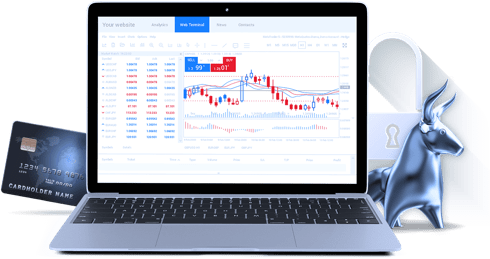The Low-Cost Structure of CFD Trading Compared to Other Markets

Contracts for Difference (CFDs) have emerged as a popular trading option, particularly for those looking to minimize costs while maximizing potential gains. Their low-cost structure sets them apart when compared to traditional markets like stocks, forex, or commodities. Here’s a breakdown of the key benefits that make cfd trading an attractive, cost-effective choice for traders.
Minimal Brokerage Fees
One of the standout advantages of CFD trading is the lack of hefty brokerage fees. Unlike traditional stock trading, where a significant commission is charged per transaction by brokers, CFD trading platforms typically charge minimal or zero commission fees. This makes trading more accessible and cost-efficient, particularly for those making frequent trades.
No Stamp Duty
CFDs are technically derivative products that allow traders to speculate on asset price movements without owning the underlying asset. Unlike traditional shares, CFDs are not subject to stamp duty in many regions, resulting in instant savings. For traders handling large or frequent transactions, this tax exemption can lead to significantly lower trading costs over time.
Flexible Leverage
CFDs offer leverage, meaning traders can control larger positions with a smaller capital outlay. This reduces upfront costs when compared with traditional trading, where significant funds are required to purchase assets outright. Although leverage magnifies both gains and losses, this aspect is highly attractive to cost-conscious traders aiming for larger exposure without tying up their capital.
Lower Entry Threshold
Traditional markets often require higher initial capital investments to trade. CFD trading, on the other hand, allows traders to enter the market with smaller sums, making it particularly appealing to beginners or those working with modest budgets. This accessibility has democratized trading globally.
Competitive Spreads
CFD platforms typically offer tight spreads, minimizing the gap between buying and selling prices. With lower spreads than many other markets, this contributes to reducing overall trading costs significantly.
Trade Across Global Markets
CFDs provide traders with access to global markets, from shares and indices to forex and commodities, all from a single platform. Unlike traditional markets, where fees for accessing different asset classes can add up, CFD trading consolidates these options in one low-cost venue, saving traders both time and money.